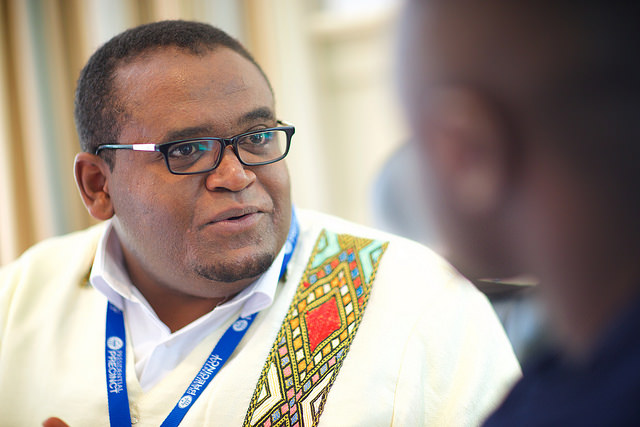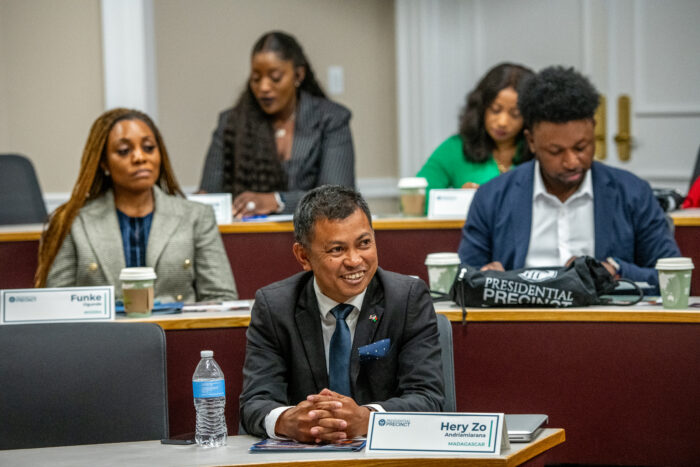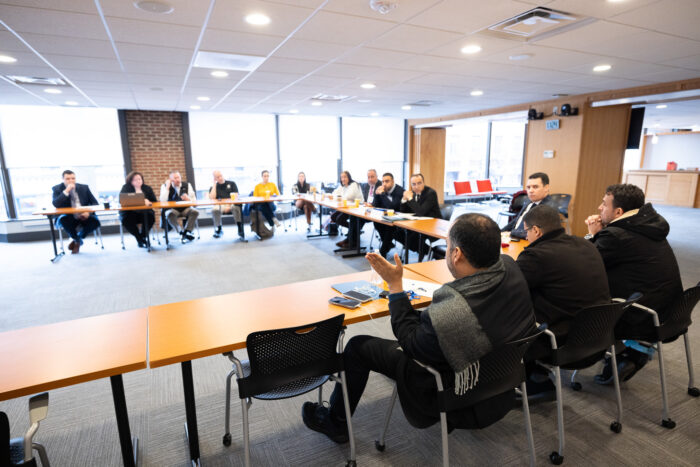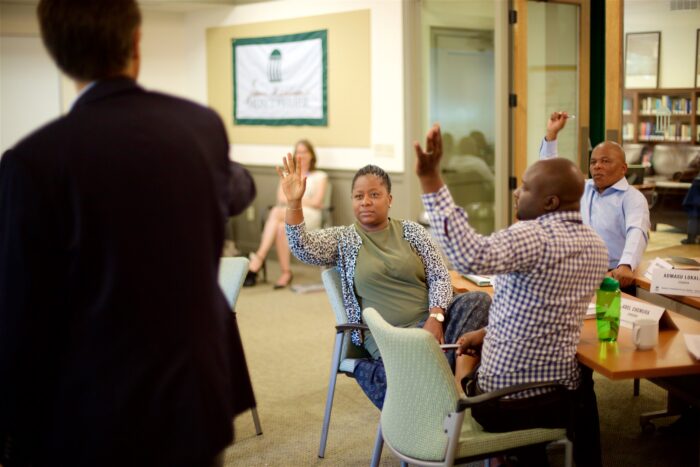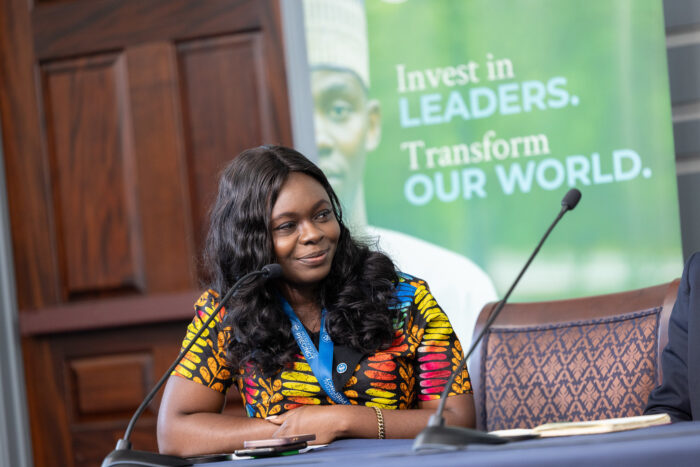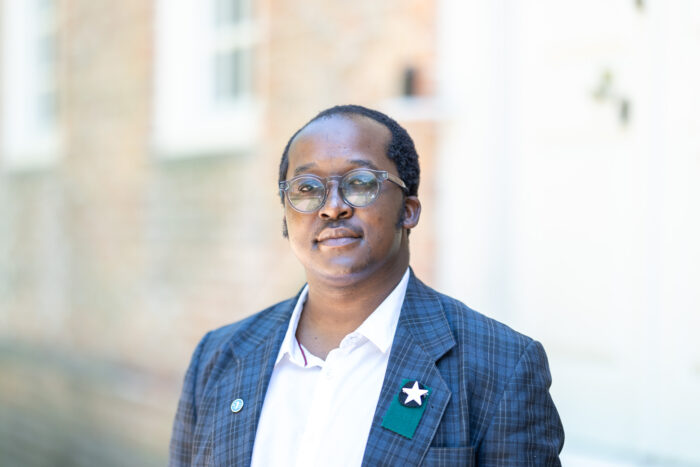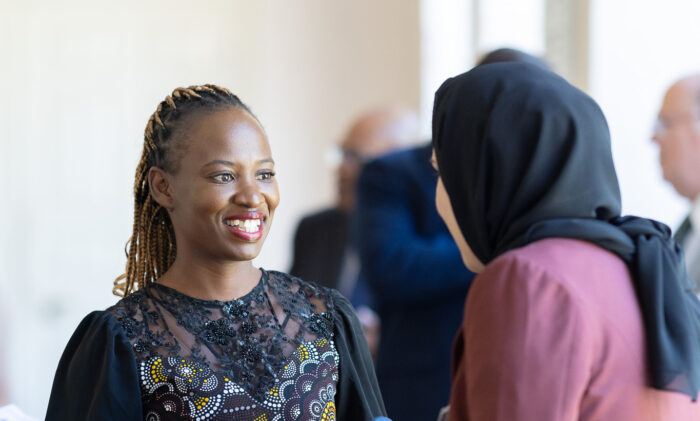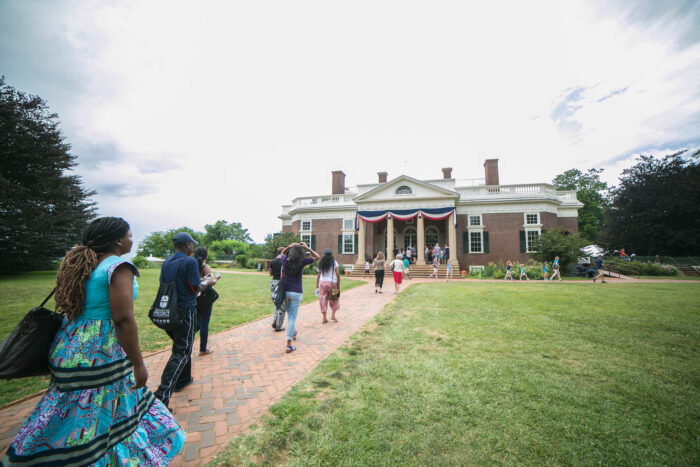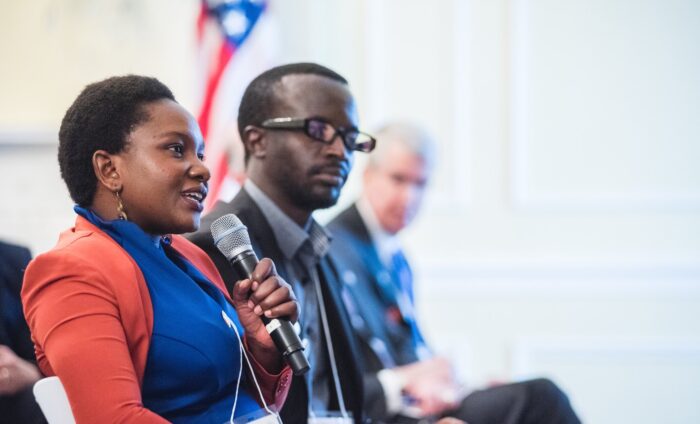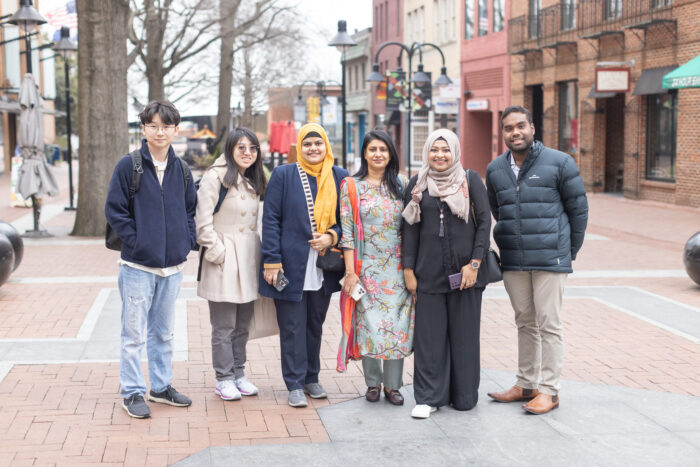Onward and Upward: Disability Rights Advocate Dag Wakene
Originally published by Stellenbosch University
Disability rights advocate, educator and lifelong student: Meet alumnus, Dagnachew ‘Dag’ Wakene (33), who for the past nine years, and longer, has been working tirelessly combatting the serious socio-economic prejudice and myriad of misconceptions that people with disabilities face on a daily basis.
Tell us about yourself.
I’m from Addis Ababa, Ethiopia, and have been working for over nine years as an advocate, educator and research consultant on disability rights and inclusive development. I did my first degree in law at Addis Ababa University, and then I did a Master’s of Philosophy majoring in rehabilitation and development studies at Stellenbosch. I am a polio survivor – a condition I contracted as a child.
What does your job entail?
I’m currently working as the Africa Regional Coordinator, based in Addis, for a research project called Disability Rights Promotion International (DRPI) – run by York University in Toronto. It aims to establish a sustainable monitoring system that addresses disability discrimination globally. I am also co-founder of THISAbility Consulting, an initiative established in 2014 to bridge existing gaps of participatory disability research in Sub-Saharan Africa. In a system which all too often magnifies the limitations of persons with disabilities, rather than their immense capabilities, THISAbility Consulting envisions to do its part in curbing this status quo.
How did you end up at Stellenbosch University?
In 2009, I was recruited as a research assistant in a research project jointly led by the Centre for Rehabilitation Studies at Stellenbosch University and the Trinity College Dublin of Ireland. This project studied disability inclusion in Poverty Reduction Strategy Processes of four African countries. As part of this, I was awarded a full scholarship.
You’ve been on a prestigious exchange visit to the United States. Tell us about that experience.
The Mandela Washington Fellowship is a flagship programme of the US State Department and President Barack Obama’s Young African Leaders Initiative. In line with its objective of “empowering the next generation of African leaders”, this programme invited 500 Africans between the ages of 25-35 to be hosted by 20 major universities in the US for six weeks. A culmination of the programme was a town-hall meeting with President Barack Obama. One hundred selected fellows then remained in the US for an additional six-week segment of professional development and I was one of them. All in all, standing tall on this prestigious platform was not only an honour, but a reminder of the responsibilities I have as a person, disability rights advocate, educator and a lifelong student who aspires for a better, inclusive Africa.
Are you a proud Matie?
Joining Stellenbosch University was, without any shred of doubt, a landmark in my academic trajectory and it takes a significant share in the accomplishments I’ve had hitherto, as well as in the journey ahead. I am grateful for the remarkable professors, staff and administration who strive, day in and day out, to make the University an inclusive arena of academic excellence. I am more than truly proud to be a Matie!
What drives you to succeed?
Growing up in Ethiopia with quite a complicated post-polio physical disability, my parents and I had to deal with crippling prejudice and a myriad of misconceptions, mainly stemming from deep-rooted societal ignorance. I grew up noticing that most people never expected me to achieve anything more than earning a living wage someday. And it’s precisely such perceptions, which, instead of holding me back, kept me pushing forward. An individual with a disability can indeed become a voice to
be reckoned with; a source of pride to his/her family, continent and the world; a transcending role model to many. One should be thankful for people who are too quick to judge because their presence can be a blessing in disguise, showing us why giving up is simply not an option; why one must keep going onward and upward.
What do you still hope to achieve?
I feel that I am and have been on the right track. Being aware of your roadmap in life is in itself something. My plan is to do a PhD, specialising in developing context-specific tools of monitoring disability rights discrimination in Africa. Alternatively and until a PhD scholarship presents itself, I want to do a master’s degree in law. This would help beef up my leadership role in current endeavours to influence governments and policy makers. A meaningful political representation of minorities such as persons with disabilities is essential if the system is to change for real. Lastly, I will continue to mentor youth with disabilities and advise disability-related initiatives and organisations.

